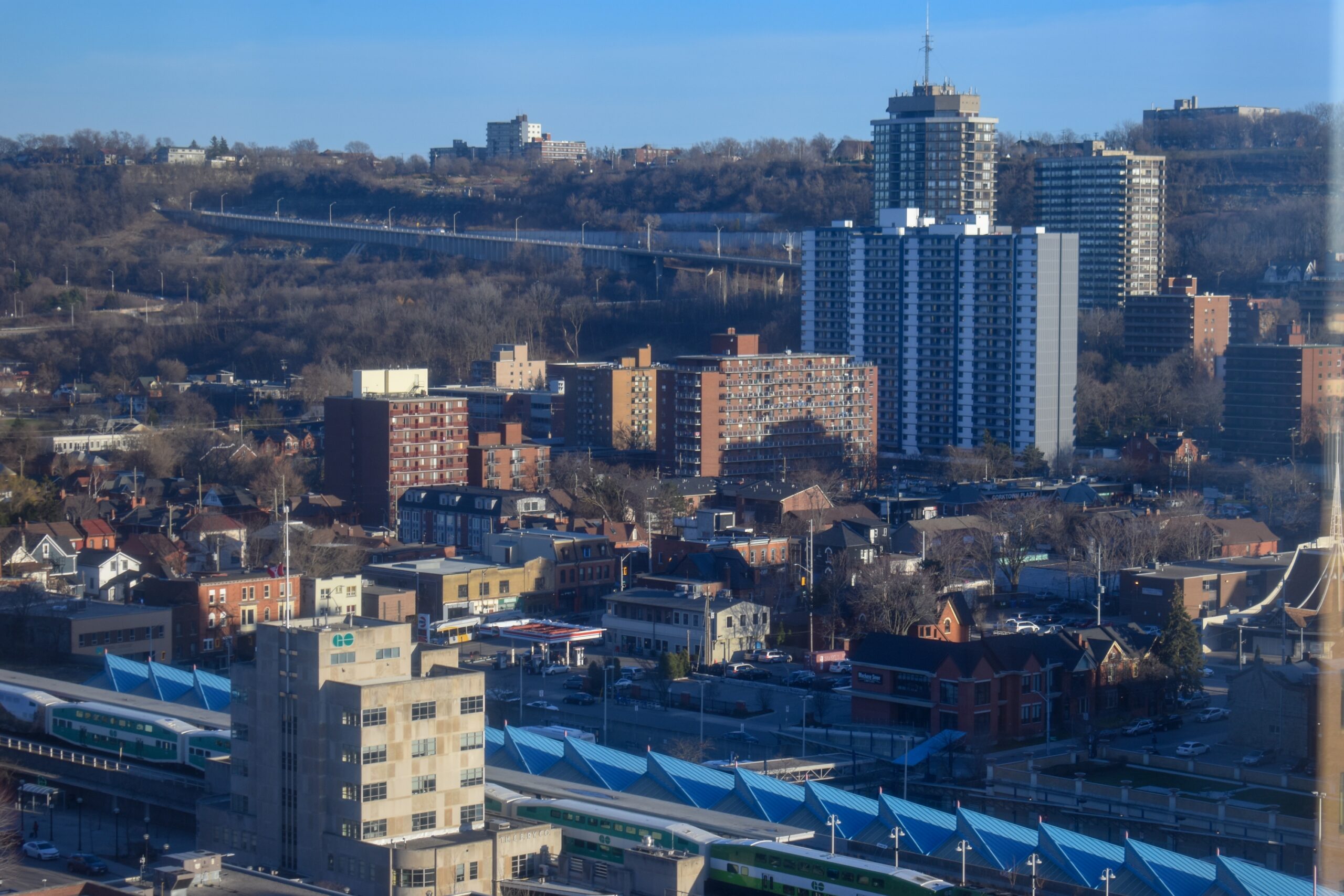In the latest Environmental Health Review, the Canadian Institute of Public Health Inspectors journal, Joann Varickanickal writes how Hamilton can better assist immigrant and newcomer populations during extreme heat events (EHE). Varickanickal is a MA candidate in geography at McMaster University.
“Although ambient temperatures may be much higher in origin countries, humidity is a complicating factor preventing sweat from readily evaporating, making humid heat more dangerous than dry heat,” Varickanickal writes, describing a unique challenge of heat in Southern Ontario.
Varickanickal’s research included 12 interviews with individuals working in agencies providing services to newcomers.
Addressing language barriers and providing information in more languages will improve Hamilton’s heat response, the paper finds, noting that signs for cooling centres are primarily in English.
During extreme heat, regular business and civic activities continued. In warmer countries accustomed to extreme heat, activities shut down in the middle of the day.
The research notes that an extreme heat event during the Muslim celebration of Ramadan “could be a problem” and “it is important to consider religious customs during EHEs if it means that practicing individuals may be at increased vulnerability to heat-related illnesses.”
Hamilton’s primary method of response during EHEs is to extend outdoor swimming pool hours.
Interviewees state this is insignificant “it is important to recognize that individuals may not have the swimming skills needed to participate. Cultural norms in some regions may not include swimming, and not knowing how to swim may pose a problem among some newcomers who want to stay cool during heat events”.
Many new arrivals live in high-rise apartment buildings. Apartment units become hotter during EHEs than houses and take longer to cool. With overnight minimum temperatures increasing more than daytime highs, the risk to residents in apartment buildings during EHEs is worsening.
The death toll of the extreme “heat dome” event in British Columbia is not yet known. The B.C. Coroner’s Office says it likely contributed to 719 sudden deaths in a week.
Environment Hamilton is hosting two online discussions on how Hamilton should prepare for extreme heat. The first is this Wednesday, July 14, at 6:30 pm.

